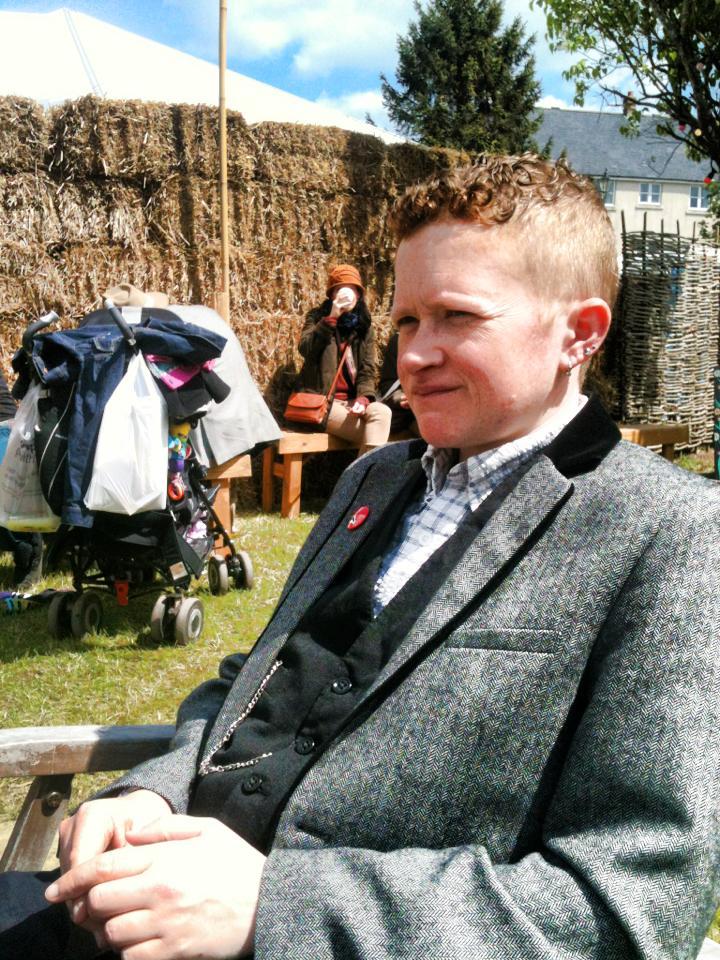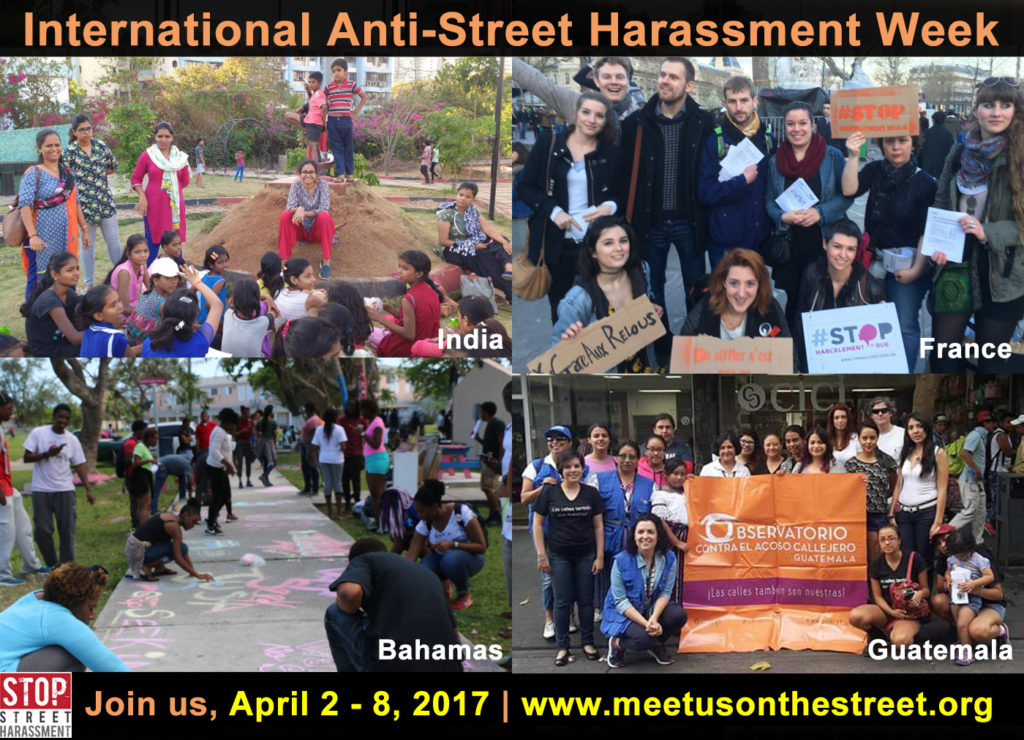This is cross-posted with permission from The Pixel Project
The Pixel Project, a 501(c)3 anti-Violence Against Women non-profit, is proud to announce the upcoming launch of Gaming For Pixels – a positive new initiative in collaboration with the gaming community to help end Violence Against Women (VAW), including making gaming and online spaces safe and inclusive for women and girls. The campaign will kick off with the Gaming For Pixels Spring Slam on April 7th 2017 as part of Sexual Assault Awareness Month and in benefit of the Celebrity Male Role Model Pixel Reveal campaign which aims to raise US$1 million for The Pixel Project.
The Spring Slam is a 48-hour weekend online gaming marathon fundraiser that will run from 8pm EST Friday April 7th 2017 – 8pm EST Sunday April 9th 2017. Anyone who loves gaming and supports ending VAW is welcome to join the event to raise funds for the cause. They may take part as individuals or teams for as long as they wish during the event. In addition, every participant and donor will be provided with a virtual anti-VAW toolkit featuring easily accessible online resources for gamers to learn more about VAW; to help a domestic violence or rape victim they know; or to get help if they are victims/survivors themselves. The registration start date for the Spring Slam will be announced later this month.
In line with the spirit of Gaming For Pixels, The Pixel Project has partnered with three outstanding community-driven organisations for the Spring Slam: Fundeavour – a fast-growing gaming community providing support for over 9200 gamers from 22 countries who are building their careers in eSports and livestream gameplay; Studio Wumpus – the creators of the award-nominated Indie game Sumer where players compete to win the favours of the ancient Sumerian goddess Inanna; and Omega Phi Beta – a national U.S.-based sorority committed to ending violence against women and which counts a number of avid gamers among their sisters. All three partners have taken an active role in helping get Gaming For Pixels off the ground and they will be rallying their community members to participate in the Spring Slam.
“Gaming For Pixels was created as a fun and positive campaign for gamers to support the cause through what they love best – gaming. The Pixel Project is delighted to collaborate with members of the gaming community who are stepping up to say NO to violence against women,” said Regina Yau, Founder and President of The Pixel Project. “With 1 in 3 women worldwide experiencing gender-based violence, this is definitely an issue that affects gamers and the women and girls in their lives. We believe that the gaming community can be a force for immense good and it is our hope that the campaign will inspire and galvanise gamers from all walks of life to take action to stop violence against women and girls in their communities wherever they are in the world.”
###
For more information, contact The Pixel Project at info@thepixelproject.net / pixelprojectteam@gmail.com


 Dear men, if you are reading this, good for you and thank you for your interest.
Dear men, if you are reading this, good for you and thank you for your interest.